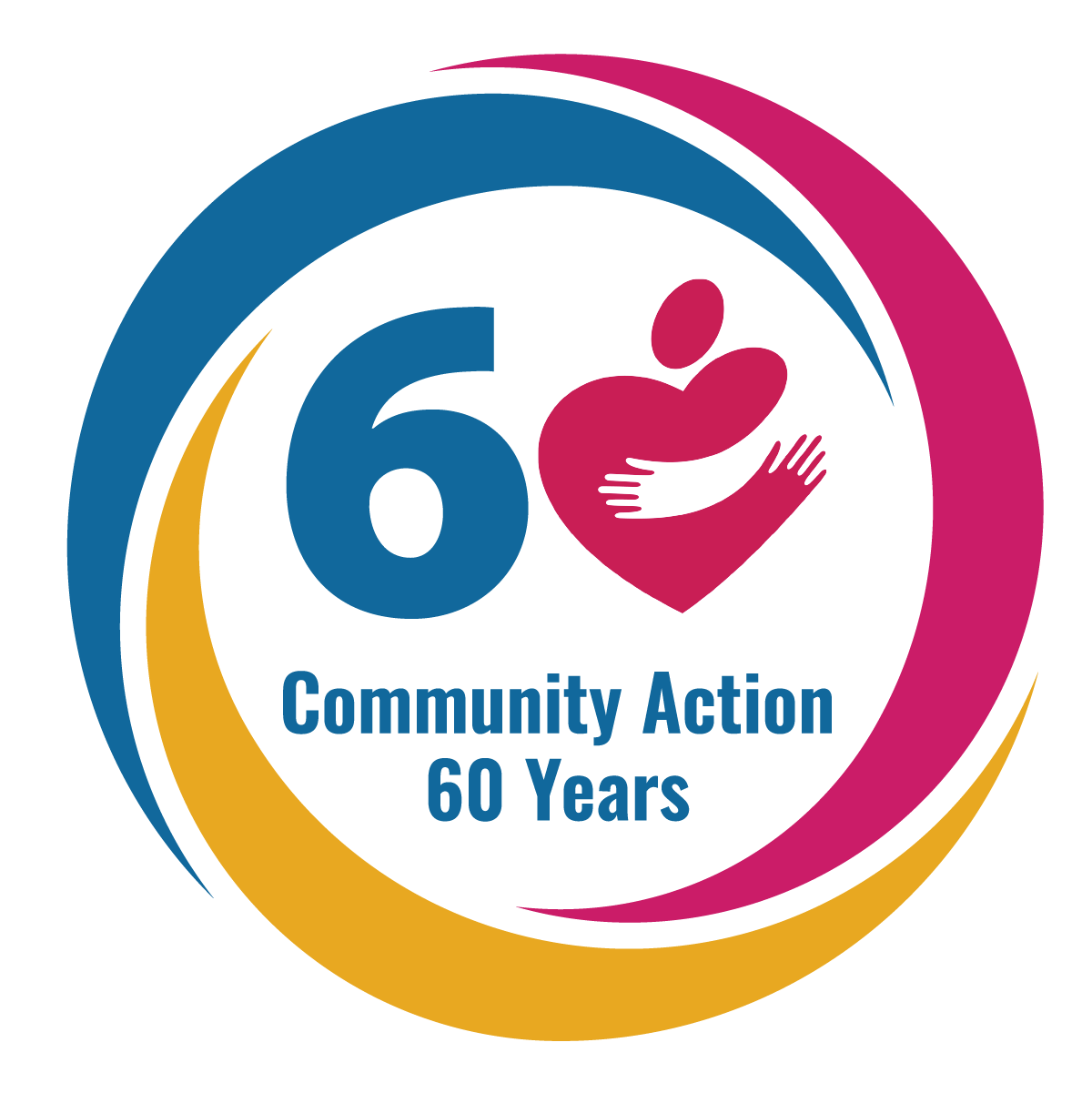 Celebrating 60 years of Community Action in 2024! Community Action Agencies (CAAs, also known as Community Action Programs or CAPs) are private, non-profit human service and advocacy organizations that were established by Congress and the President in 1964 to fight poverty by opening the doors to self-sufficiency. #CommunityAction60 #60YearsStrong
Celebrating 60 years of Community Action in 2024! Community Action Agencies (CAAs, also known as Community Action Programs or CAPs) are private, non-profit human service and advocacy organizations that were established by Congress and the President in 1964 to fight poverty by opening the doors to self-sufficiency. #CommunityAction60 #60YearsStrong
Since their inception as part of the Economic Opportunity Act of 1964, Community Action Agencies have helped low-income Americans escape poverty and achieve economic security. Through programs such as Head Start, job training, housing, food banks, energy assistance, and financial education, Community Action Agencies tailor their services to meet the needs of the individuals and communities they serve. They put a human face on poverty, advocate for those who don’t have a voice, and provide opportunities. Today there are more than 1,000 Community Action Agency’s in existence, working in every state in the United States.
See how #CommunityActionWorks for you, for Massachusetts, for your neighbors, and for the future.
What is MASSCAP?
 The Massachusetts Association for Community Action (MASSCAP) is the statewide association of the 23 Community Action Agencies (CAAs) operating in Massachusetts. Through the combined skills and vision of its members, MASSCAP works to enhance the ability of each agency to better serve its clients.
The Massachusetts Association for Community Action (MASSCAP) is the statewide association of the 23 Community Action Agencies (CAAs) operating in Massachusetts. Through the combined skills and vision of its members, MASSCAP works to enhance the ability of each agency to better serve its clients.
MASSCAP also works with the Massachusetts Department of Housing and Community Development and other state agencies to open doors to economic prosperity for low-income Massachusetts residents.
How do CAA Boards represent their communities?
Each CAA is anchored in the community by a Board of Directors made up in equal parts by low-income people, members of the business community, and local public officials. The Board of Directors sets the goals and policies for the agency.
How are CAAs funded?
Core funding for CAAs comes from the federal Community Services Block Grant (CSBG) program. CSBG funds are allocated to the state’s housing agency and then distributed to each CAA. CSBG enables CAAs to implement a variety of support services, programs to promote self-sufficiency, and training in advocacy skills.
CAAs also receive funds from other federal sources, the state, and private contributors. A large portion of these resources are leveraged by CSBG funds. CAAs are also among the most cost-effective and innovative service and training agencies in the state, devoting less than 10 percent of resources to administration, leaving 90 percent of resources for programs.



